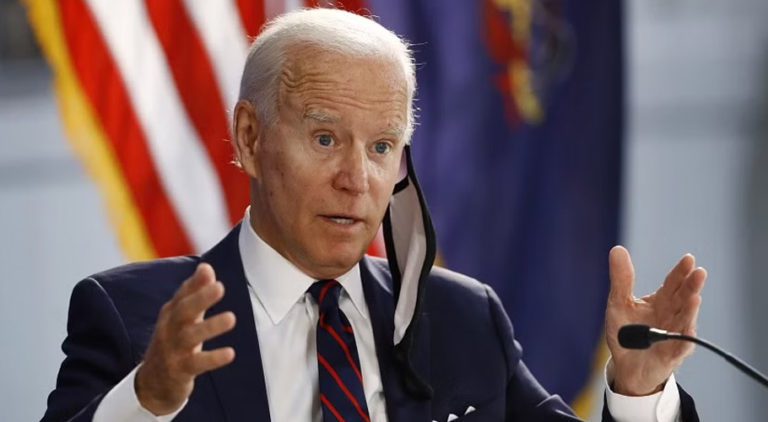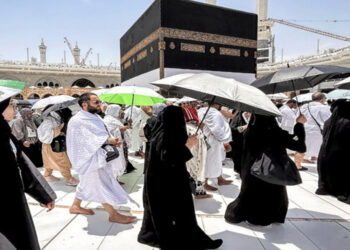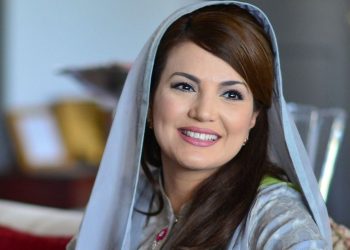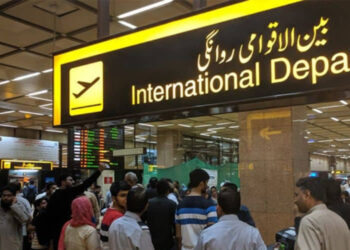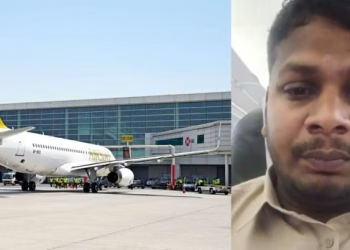After the declassification of the top secret documents of the United States, many secret corners and layers of Pakistan’s national history have come to light, some of which were missing links. Students of politics and history will have to see, read and understand all these things.
These top secret papers include secret telegrams from the US embassy, secret letters from the State Office, and so on. They show how US diplomats met with rulers, ministers, key politicians, and powerful military officials, assessed inside information and possible future strategies, and then sent the information to Washington, including their own analysis.
This work started in the early years of Pakistan. In October 1954, the US embassy in London sent a secret telegram to Washington stating that Alexander Mirza, Pakistan’s most powerful civilian officer, had told the US ambassador that the US should tighten economic and military aid to support Prime Minister Muhammad Ali. This assistance should be given with the assurance that the central government will adopt a prudent attitude. Alexander Mirza advised the Americans that by doing so, Pakistan’s Prime Minister Chaudhry Muhammad Ali would react positively.
Imagine that a prominent Pakistani man who then served as the Governor of East Pakistan and then the Union Home Minister and only a year later became the Governor-General of Pakistan, gave this advice to the Americans only to tighten and harass the Pakistani Prime Minister. Giving them conditions to help. It is not difficult to predict the catastrophe when it comes to the loyalty of the people holding such an important position.
A year earlier, in April 1953, the US Embassy in Karachi sent a top-secret letter to Washington outlining its analysis: The team includes Sikandar Mirza, Akhtar Hussain, and Agha Halali. No work can be done at the secretariat level without the knowledge of Cabinet Secretary Uzair Ahmed. You will remember the conversation with Ayub. Ayub had said that he did not want to interfere in politics but he would not accept the “nonsense” of the center. Remember that Pakistan’s first martial law came in 1958 and these secret letters It is five years old, that is, the porridge has been ripening ever since.
Huseyn Shaheed Suhrawardy is a famous politician in Pakistan. We have a very good and positive impression of Mr. Suhrawardy, he was the Prime Minister of Pakistan when the Suez Canal issue arose. Egyptian President Gamal Nasser then nationalized the Suez Canal, and Nasser formed a confederation-like alliance of several Arab countries. Suhrawardy had made a satirical negative statement on the same Arab unity that zero plus zero is actually zero. He was of the opinion that these small Arab countries, whether six or more, would remain unimportant and insignificant. There was a strong reaction. The Egyptians remembered this satire for a long time.
American papers revealed that America was keeping an eye on Huseyn. On August 12, 1955, the US embassy wrote a secret letter to the State Department in Washington stating that we had told Alexander Mirza that the United States had no objection to Suhrawardy’s inclusion in the cabinet. In the embassy’s view, it is in Pakistan’s long-term interest to form a three-party coalition government, include Suhrawardy in the cabinet, postpone elections and set up a unit.
An interesting point was made in the same letter, “We feel that no position should be taken at the public level, the United States should not be involved. The US relationship with Pakistan is so important that it is not possible for the US to be isolated. For example, if the US embassy ignores Suhrawardy for the next two weeks, it will be seen as US government policy and will be an indication that the US is against Suhrawardy joining the cabinet. If the US embassy established a social relationship with Suhrawardy, it would be considered US consent. In the light of our analysis, we should encourage Suhrawardy to join the cabinet through a third party. However, the public position must be taken care of. Embassy officials should try to establish a cordial personal relationship with Suhrawardy.”
The letter explains how US embassies mark and establish relationships with politicians with significant power and potential, and seek to have pro-US ministers in the cabinet. The same letter also highlighted the fact that the United States had supported the establishment of one unit in Pakistan. Remember that the establishment of One Unit has always been controversial in Pakistan. Under this policy, the whole of West Pakistan (today’s Pakistan) was made a province. It ended sixteen years later.
An interesting letter in the American Declassified Documents is dated June 4, 1971, in which the American diplomat Barrow stated that he had the opportunity to speak with Dr. Javed Iqbal (son of Allama Iqbal), a prominent leader of the Council League, at Qazlbash’s dinner party. Javed Iqbal said that he had met President Yahya Khan two weeks ago and on that occasion strongly opposed the transfer of power (to Mujeeb-ur-Rehman) as many issues in East Pakistan have not been resolved yet. This is not a good opportunity. In the same letter, the US diplomat also expressed his opinion that since Dr. Javed Iqbal had lost to Bhutto from constituency three in Lahore, he would naturally want the transfer of power to be postponed. (Dr. Javed Iqbal lived a very active life for a long time, and remained a justice, then even after retirement he continued to read and write, wrote many books, did a lot of newspaper columns, speeches, etc. This is his first time in front of me. Did he, like Bhutto, oppose the transfer of power to Sheikh Mujibur Rehman.
A shocking revelation was made that Zulfiqar Ali Bhutto, who is traditionally considered anti-American and his party had chanted anti-American slogans in the 1970 elections, after the election, along with his two close associates Ghulam Mustafa Khar and Hayat Sherpao, then went to Pakistan. I went to meet the US Ambassador in Farland. It may be recalled that in this election campaign, Hayat Sherpao had launched a scathing attack on the United States and the US Ambassador to Farland and accused him of being involved in killings and massacres in many countries.
Farland said in his letter that Bhutto made it clear that he wanted to start a new chapter in relations with the United States. Bhutto said that in his own election campaign, he did not attack the United States verbally or personally against the US ambassador. According to Bhutto, he instructed all his comrades to refrain from making insulting statements against the United States. Bhutto happily admitted that Sherpa was one of the prominent people who had disgraced the US ambassador. Sherpa’s presence in this meeting is proof that the old chapter is now over. In his letter, the US ambassador elaborated on what Bhutto said during the one-and-a-half-hour meeting and discussed his future course of action.







